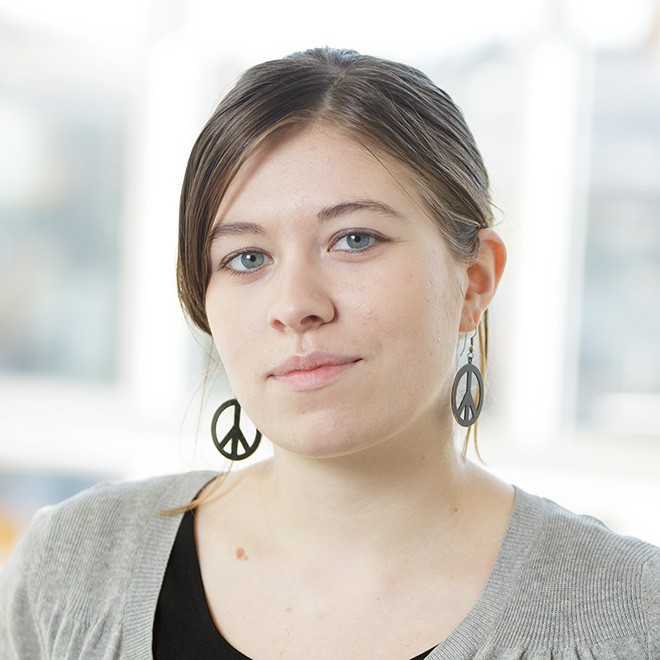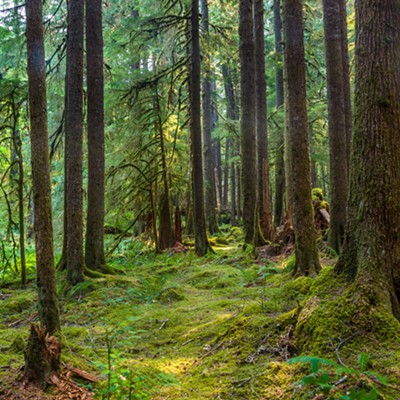In Berlin, an eerily lifelike sculpture, almost fully submerged in water, features about 20 aging, pale men huddled in suits. The piece by Isaac Cordal is titled "Electoral Campaign," and it reflects the uncomfortable reality felt around the globe as we begin to experience the catastrophic effects of climate change. The sculpture communicates nature's indifference to the pace or plans of man-made systems.
Since the advent of civilization and especially since the rise of fossil fuels, humans have consumed drastic amounts of finite resources while introducing waste that cannot be broken down into natural systems. Geophysicist M. King Hubbert developed "peak theory" in the 1950s to statistically model this drawdown of resources as they inevitably peak and begin their terminal decline. As we cruise past the spikes of peak oil and peak coal, and terrifyingly, peak water, and delve into the ecocidal missions of further fossil fuel exploration, potential and actual disaster unfurl on all sides. And as this happens, politicians and pundits continue to discuss irrelevant plans to redesign growth-based and linear systems on a finite and cyclical planet.
Despite our cultural fascination with disaster, people are still deeply in denial about the alarming evidence of impending peril outside of the movies. Psychologically, we simply do not want to deal with the traumatic implications of climate change, as they demand action on a scale far surpassing what nearly anyone suggests. With greater access to information than previously imaginable, intentional ignorance still somehow reigns. A great deal of money is spent to prop up a wildly unbalanced and dishonest debate about the reality of our climate, prolonging the discussion and planning stage past the point of no return, as Cordal's sculpture so eloquently shows.
We know how much carbon the atmosphere can sustain without an increase in temperature, and we can accurately map what changes will unfold as we cross those thresholds. Measuring the upper threshold for ignorance in a participatory society is more difficult, but as the world burns up around us and we remain silent, it would appear that our culture has reached peak ignorance.
The same psychologists who have studied why people become entrenched in nonfactual beliefs also have found one strategy that helps boost acceptance of uncomfortable information: namely, the inclusion of actionable steps to change the outcome. In that spirit, some good news: Never before have humans been so connected and so potentially aware of our connections to one another and to all life, to the planet itself.
As we cross the peak ignorance threshold and the disconnect between reality and fantasy becomes more of a burden than society can bear, humans can choose to continue on the path of chaos that's popularized in our culture, or we can continue the incredible journey of our evolution as a species and do what we do best — adapt. Doing so will require a renewed acknowledgement of our physical reality, some disorientation and a great deal of uncertainty, but nature tends to finds a way. ♦
Taylor Weech, who hosts the weekly public affairs program Praxis on KYRS-FM, is a Spokane writer and activist. She's advocated, among other things, for environmental sustainability and all-ages access to the arts. She shares writing, photography and her podcast at truthscout.net.






















